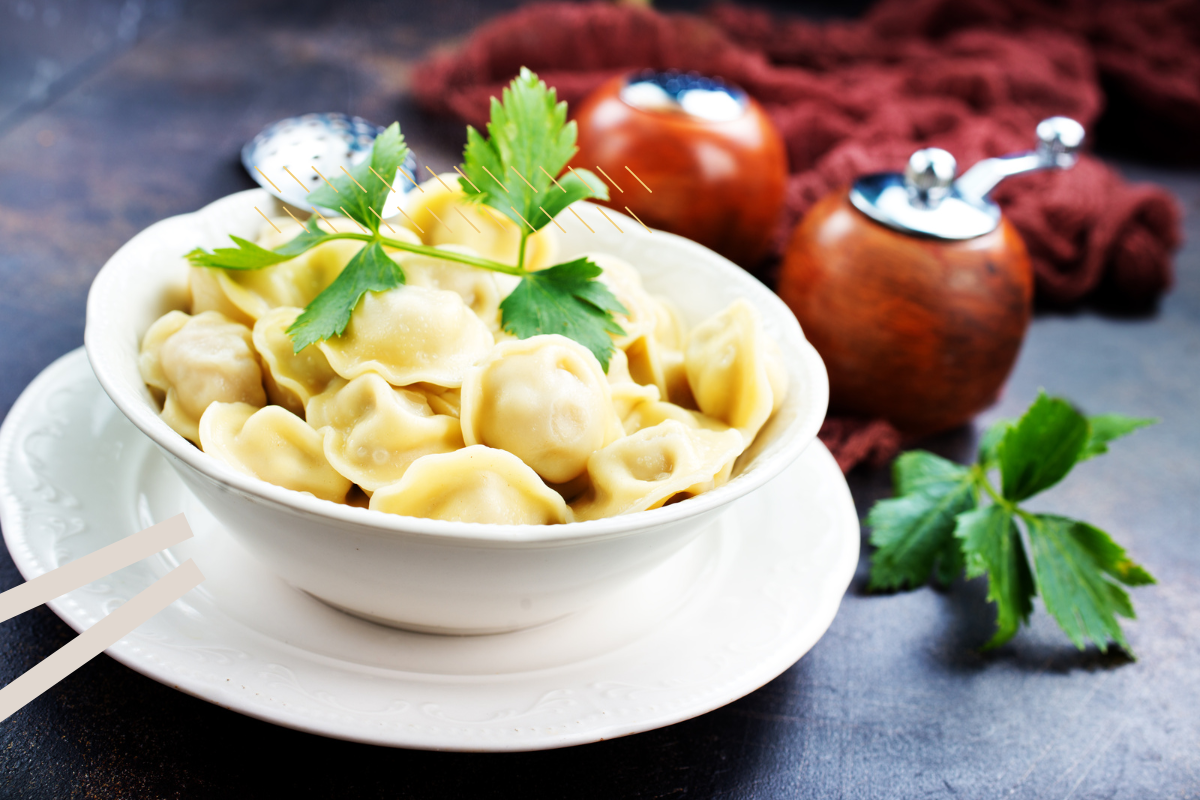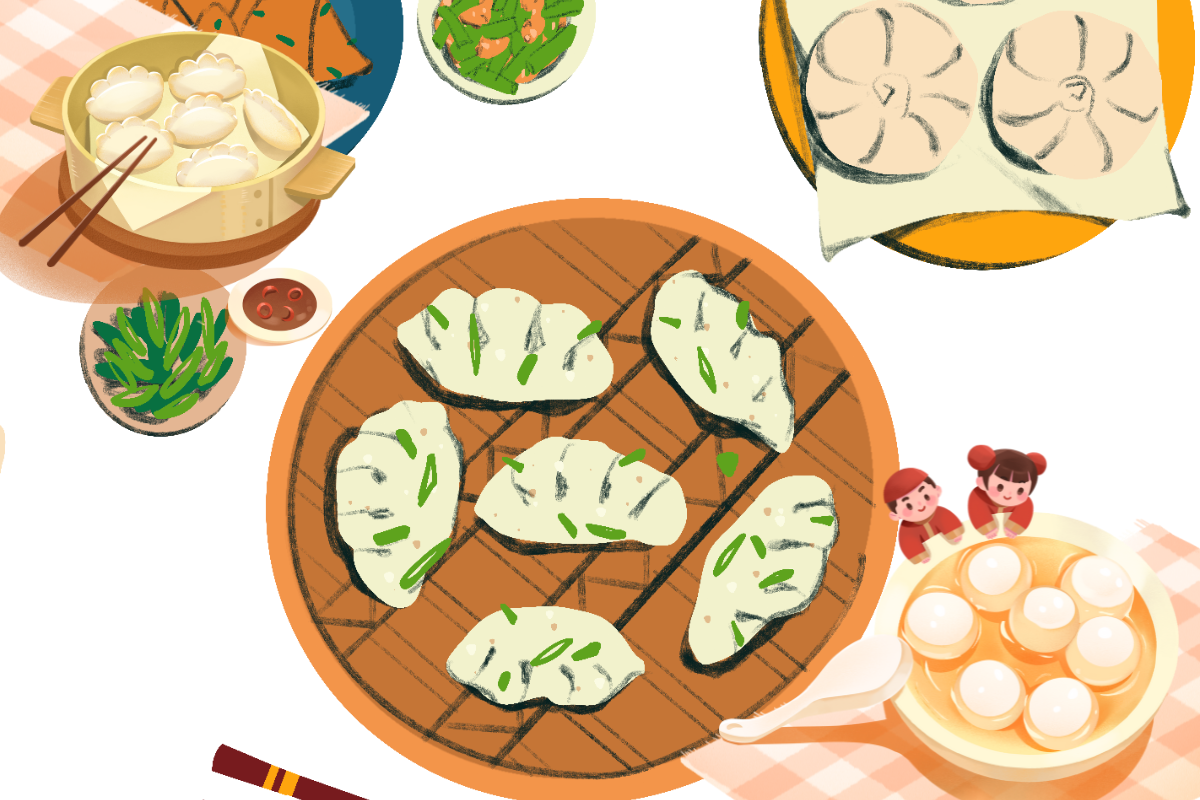Of All the Tastes of the World, this is the Most Delicious-Dumpling
“Don't say goodbye sorrow, a dumpling in this.” Jiaozi is a traditional Chinese food filled with dough in the shape of a half moon or a treasure. It is usually made of minced meat and chopped vegetables wrapped in a thin, elastic dough. Common fillings are minced pork, beef, chicken, shrimp or fish. The wrapped dumplings can be made into steamed dumplings, fried dumplings or soup dumplings. Originated in Nanyang Nieyang , according to legend, the Eastern Han Dynasty Zhang Zhongjing invented. Also known as: Joule, flat food, cooking horn, hooped, descendants.

Legend has it that during the Eastern Han Dynasty 1,800 years ago, Zhang Zhongjing invented the dumpling. One day in winter, Zhang Zhongjing returned to his hometown and found that many poor villagers had frostbitten ears. He wrapped mutton, pepper, and some Chinese herbs in a dough wrapper, made them into ears, boiled them in water, and gave them to the villagers to eat. The villagers' frostbite was quickly cured. Because of its shape like ears, this food was initially called "Jiaole", and later gradually became "jiaozi".
Zhang Zhongjing often distributed dumplings between the winter solstice and New Year's Eve, and dumplings became popular. Popular fillings include pork and cabbage, pork and leek, sanxian, pork and green onion, and leek and egg. The types of dumpling fillings also vary according to personal tastes and regional differences. In the traditional customs of the north, there is "get on the bus dumplings and get off the bus noodles" said, which means that when you see off the person to eat dumplings, when you meet the person to eat noodles. There are also talks about "send guests dumplings, welcome guests", and say "go out dumplings and go home to face", or "on the horse dumplings, off the horse face". This custom has a long history and profound meaning, and has been used by the people until now and has become an important etiquette for people to usher in.Chinese people's affection for dumplings is beyond words, and dumplings have become a symbol of home and warmth. Dumplings are also very popular on other festivals and have become part of Chinese cultural traditions.

What is the meaning and symbol of dumplings? First, fortune transfer: dumplings look like ingots, eating dumplings represents the meaning of wealth wealth. In addition, the homophony of dumplings is Jiaozi, and eating dumplings in folk customs is often a moral and symbol of fortune. Second, reunion and happiness. In ancient times, dumplings also have the meaning and symbol of reunion and happiness, because whenever the reunion Festival, people want to eat dumplings, symbolizing the family together. Three, peace and prosperity: eating dumplings often also has the meaning of blessing, in the past, it is difficult for people to eat good things, only the Spring Festival of the year to eat dumplings is delicious, so whenever eating dumplings people will give dumplings unique meaning, on behalf of praying for peace and prosperity, hope that the next year can be good weather, rich harvest, everything goes well.

Not good at words miss, can also leak the filling in front of dumplings. Making dumplings means holding good fortune, while eating dumplings symbolizes a rich life.
Key Words:
- Chinese people's affection for dumplings is beyond words, and dumplings have become a symbol of home and warmth.
中国人对饺子的情感无法用言语形容,饺子已经成为家和温暖的象征。
zhōng guó rén duì jiǎo zi de qíng gǎn wú fǎ yòng yán yǔ xíng róng , jiǎo zi yǐ jīng chéng wéi jiā hé wēn nuǎn de xiàng zhēng 。 - Human fireworks, the most touching people. Not good at words miss, can also leak the filling in front of dumplings.
人间烟火,最抚人心。不善言辞的想念,也能在饺子面前漏了馅。
rén jiān yān huǒ , zuì fǔ rén xīn 。 bù shàn yán cí de xiǎng niàn , yě néng zài jiǎo zi miàn qián lòu le xiàn 。 - Making dumplings means holding good fortune, while eating dumplings symbolizes a rich life.
包饺子意味着包住福运,而吃饺子象征了生活富裕。
bāo jiǎo zi yì wèi zhe bāo zhù fú yùn , ér chī jiǎo zi xiàng zhēng le shēng huó fù yù 。